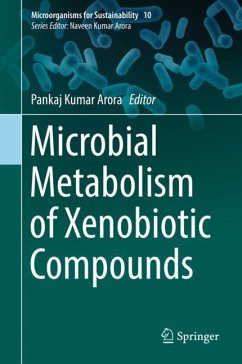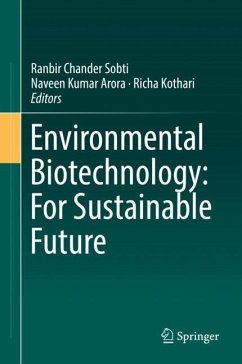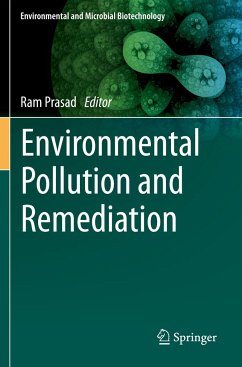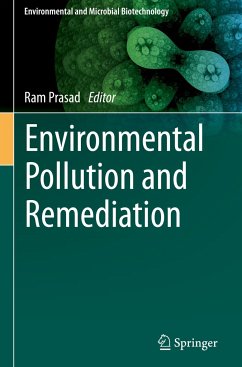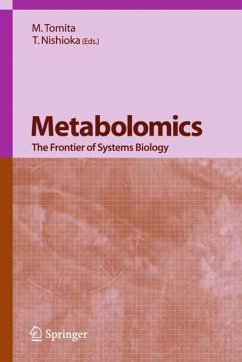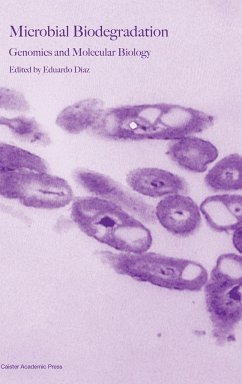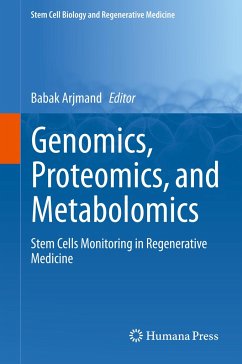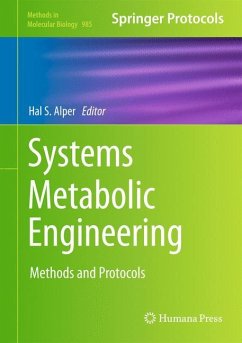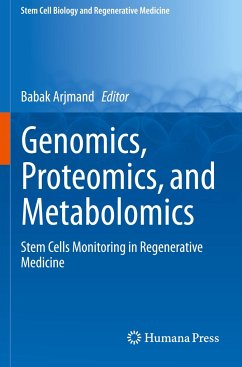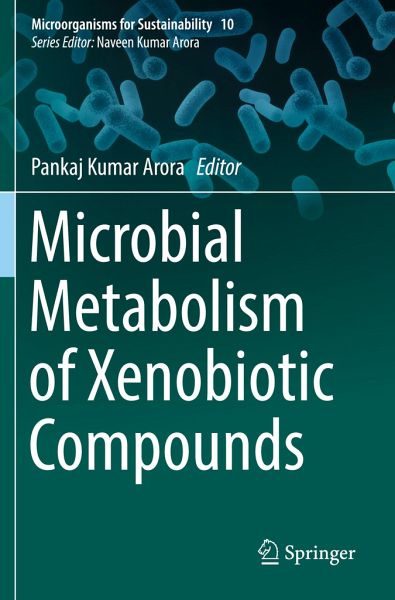
Microbial Metabolism of Xenobiotic Compounds
Versandkostenfrei!
Versandfertig in 6-10 Tagen
76,99 €
inkl. MwSt.

PAYBACK Punkte
38 °P sammeln!
Xenobiotic compounds including pesticides, nitrophenols, pyridine, polycyclic aromatic compounds and polychlorinated biphenyls are widely spread in environment due to anthropogenic activities. Most of them are highly toxic to living beings due to their mutagenic and carcinogenic properties. Therefore, the removal of these compounds from environment is an essential step for environmental sustainability. Microbial remediation has emerged as an effective technology for degradation of these xenobiotic compounds as microorganisms have unique ability to utilize these compounds as their sole source o...
Xenobiotic compounds including pesticides, nitrophenols, pyridine, polycyclic aromatic compounds and polychlorinated biphenyls are widely spread in environment due to anthropogenic activities. Most of them are highly toxic to living beings due to their mutagenic and carcinogenic properties. Therefore, the removal of these compounds from environment is an essential step for environmental sustainability. Microbial remediation has emerged as an effective technology for degradation of these xenobiotic compounds as microorganisms have unique ability to utilize these compounds as their sole source of carbon and energy. The primary goal of this book is to provide detailed information of microbial degradation of many xenobiotic compounds in various microorganisms.





